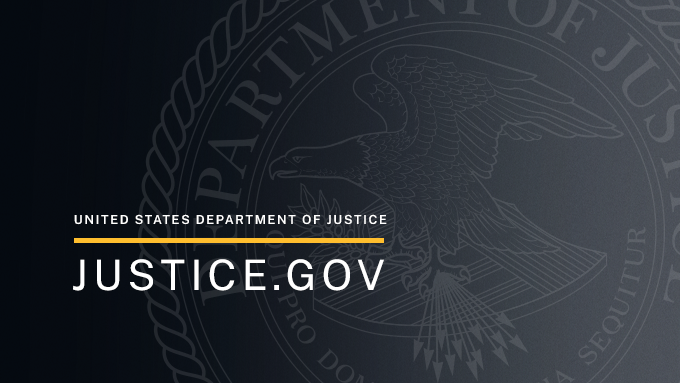The EU is not liberal in the sense that Adam Smith meant it is liberal in the sense of the US meaning of regualtion etc.
They are ok on competition but bloody stupid on subsidies in agriculture and standard regulations for harmanisation
They are ok on competition but bloody stupid on subsidies in agriculture and standard regulations for harmanisation




Comment